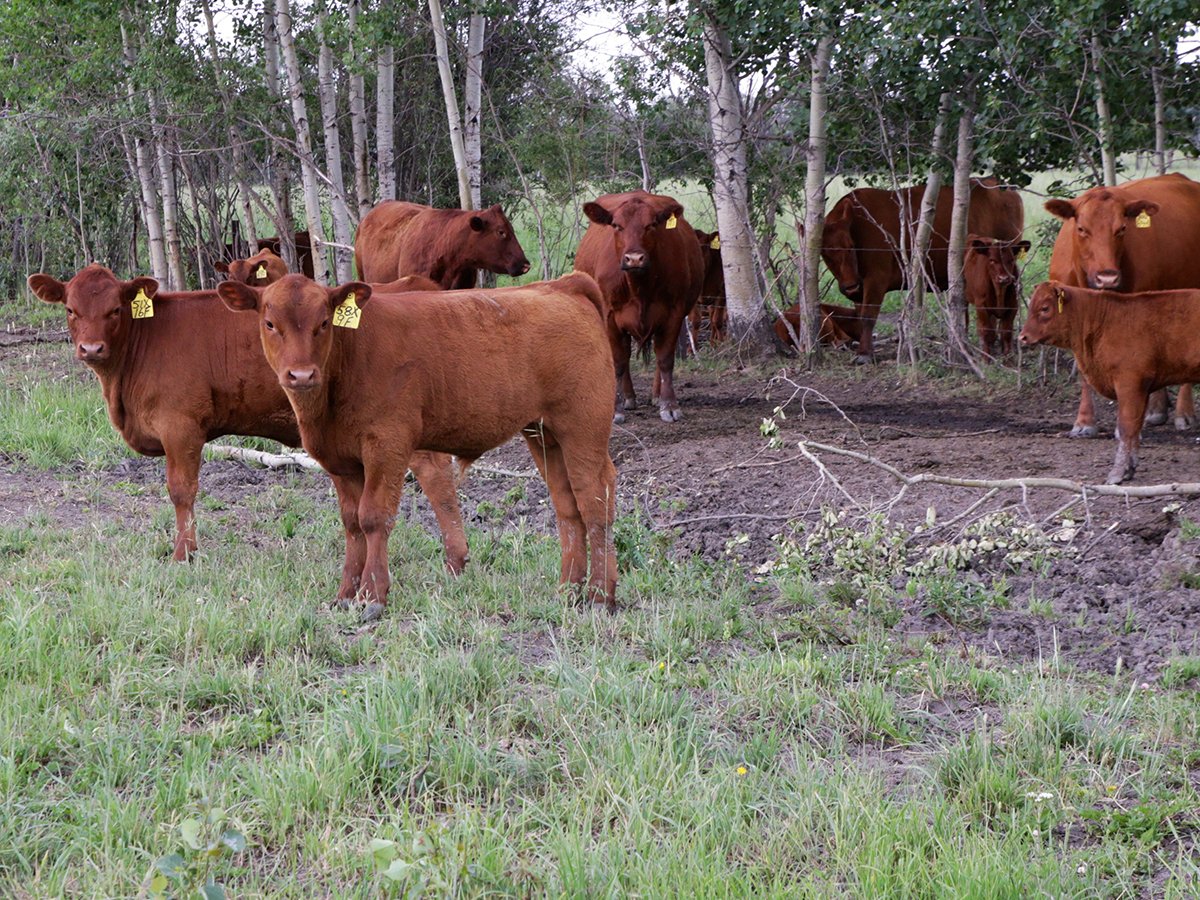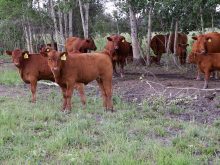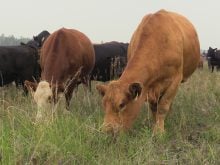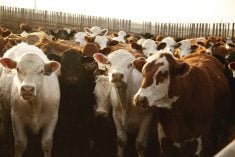LAKE LOUISE, Alta. – The presence of Canadian Wheat Board commissioner Richard Klassen didn’t dampen anti-board sentiment at the annual Western Canadian Wheat Growers Association convention.
Throughout the Jan. 5-6 convention, a number of resolutions demanded wheat board reform.
Outright abolition of the board was defeated, but another resolution suggested a voluntary system rather than compulsory pooling.
The wheat growers also agreed to set up a fund to work toward a voluntary selling agency for wheat and barley.
Another resolution said each provincial government within the wheat board’s designated area should seek an exemption from the compulsory provisions of the act and create a voluntary system for the marketing of wheat and barley.
Read Also

Feeder market continues the climb
For the week ending Aug. 30, Western Canadian feeder cattle markets traded $4-8 per hundredweight higher on average.
A final resolution asked the federal cabinet to make no further commissioner appointments to the board to fill an upcoming vacancy.
Meanwhile, in a question period, Klassen defended the board’s actions, fielding tough questions on everything from justification for buying protein testers to the pricing policies of the board.
Warren Jolly, of Mossbank, Sask., asked why the board decided to take 50 cents a tonne from pool accounts to buy protein testers when grain companies should have done it themselves.
Klassen said the money pays for about 10 percent of the value of the testers, which are used to distinguish protein levels so producers can receive a premium payment.
“It became apparent if left entirely to the elevator system it would take four to five years before those elevator companies would have sufficient protein testers in place to provide the service to the producer,” he said.
Defend board
Wayne Kriz, president of the Western Canadian Barley Growers Association, asked Klassen to defend the board argument that as a monopoly seller of Canadian grain it is a competitive sales agency and remains accountable to farmers.
Klassen replied the board’s competition comes by selling against other countries and grain agencies on the international market.
“We’ve got all kinds of competition. We’ve got Argentinean wheat out there, we’ve got Turkish wheat, we’ve got U.S. wheat, we’ve got European wheat … there’s all kinds of competition out there and it keeps you very much on your toes.”
Another complaint about the board came from Len Rutledge who said he is a member of a group of farmers in southwestern Sask-atchewan attempting to build a pasta mill. Supplying the mill with locally-grown durum is inhibited by the Canadian Wheat Board Act. He was told buying back durum from the board would cost $8.64 a bushel. At his local elevator he received $3.53 for his durum.
Klassen told him: “The price that you have been quoted would be the same price that we would expect from one of our domestic millers. … That’s what the domestic mills are willing to pay for it.”
By hauling direct to the mill, farmers wouldn’t have additional elevation and transportation charges which Klassen agrees inhibits value-added processing on the Prairies.















